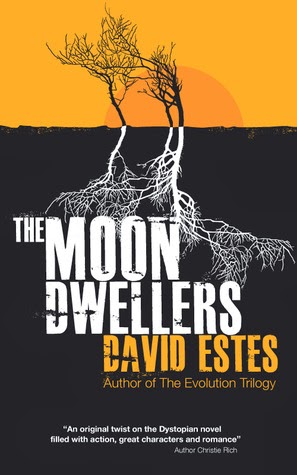When I published the first post about this I promised a follow up post once I had a better idea of how the boost provided by my free promotion was going to translate into sales in the long run.
Well, we are only a week or so further along, but I think it's still worth looking at how things are panning out. And hopefully I can give my answer to the question in the post title.
Let's start with a reminder of where I was at before all of this.
I (or rather The Last Knight) was ranked somewhere around #500,000 in the paid kindle store. I made perhaps one or two sales or borrows (remember, I count these because I still get paid for them!) each week. And that was if I was lucky. There would often be stretches of 10 days or two weeks without a single sale.
The free promo, with paid advertising I should stress, resulted in around 3,000 downloads and a huge jump in rankings, that translated back into a higher ranking in the paid store once the book was no longer free.
But that was in the immediate aftermath. How about weeks later?
I like to think that the image is pretty self-explanatory. I had a huge surge in the first few days, but it's continued solidly since then. I haven't had a single day without a download, whether it's a full sale or a borrow. And most days have been more than one. The average I would say has been around 4 a day.
Now, I know, that's not exactly going to make me rich. But I think it's important to understand that it's all relative. Compared to the last few months, the last few weeks have been a huge game changer.
It isn't just the sales. Reviews and ratings on goodreads have gone up, people are adding all my books to their 'to-read' shelves, and my facebook page has had a little bump in terms of likes. My ranking on Amazon fluctuated a lot over this time frame, but as of right now it sits at around the #80,000 mark. More that 400,000 places higher than The Last Knight was on the 28th of January. I even became a 'bestseller' briefly.
So now, the question, do free promotions work?
I think I have to say yes. But with a couple of conditions. I think you have to be willing to pay out a little for advertising. I think simply putting your book free and expecting people to find it won't work. In order for it to make a difference you have to have downloads in the thousands, and for that I think you need the advertising.
The second condition is that you have other books for sale. Not all the sales you see are for The Last Knight (though there are more of those particularly when the book was ranked higher), my other books have been selling more too. Those who did pick up The Last Knight for free are potentially the buyers of my other books.
And I think the final thing is not to expect free promotions to make you money. I've made back what I spent on advertising, plus a nice little chunk, but that's it.
When I say free promotions work I am thinking more in terms of exposure. I think they are an effective marketing tool. It all comes down to how you use them.
I hope people found this interesting. It's strange putting my sales figures out there because I know they aren't that high, but for me this was a breakthrough. I feel like progress in my career has been made. Perhaps it's a method that could work for others too if their books have stalled.
Would love to hear people's thoughts. Have free promotions worked for you? If they didn't, what did?


.png)
.png)
.png)
.png)
.png)























